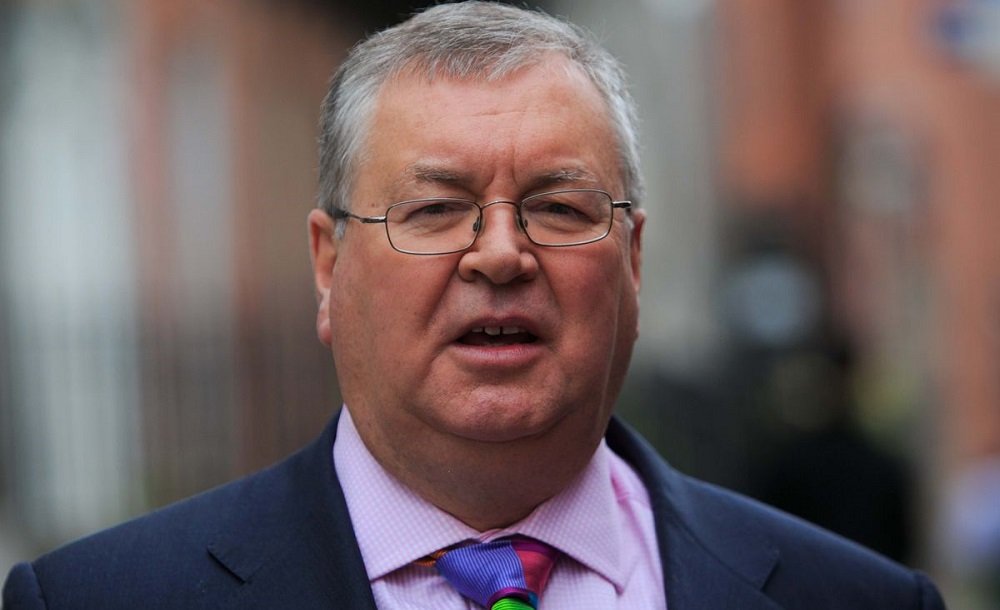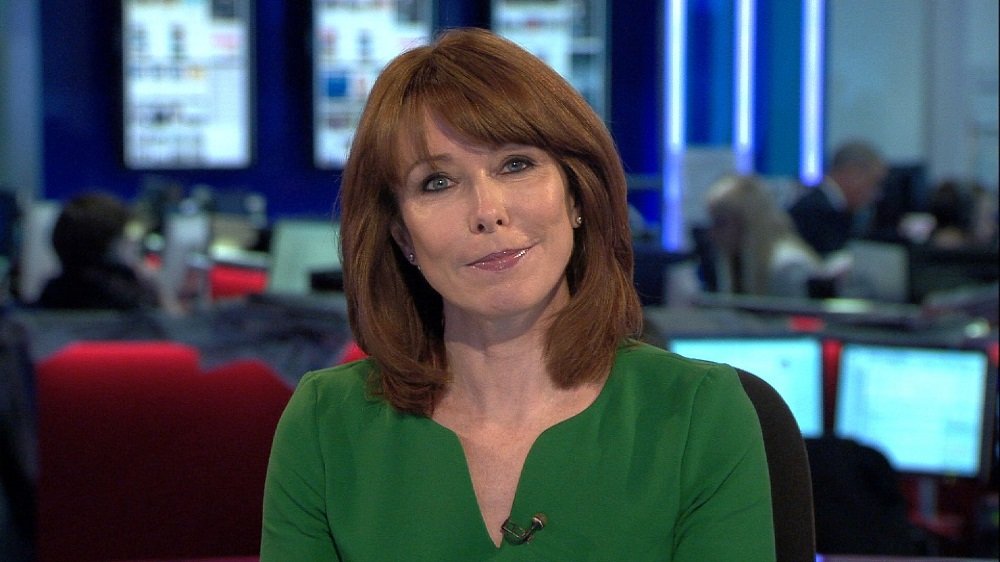The Longest Year is 360’s 2020 review series. From now until Christmas, the leadership team will be looking back at the most impactful communications moments and trends from a year of profound change and challenge. Visit the Longest Year hub to read more.
Recent Amárach research found that nine of out ten Irish people said RTÉ had been their main source for Covid-19 information. Particularly striking is the number of younger people turning to the broadcaster, often for the first time, for impartial news.
However, rather than ending the year on a high of increased listenership and a glowing reputation for trustworthiness, RTÉ is instead grappling with a new communications crisis of its own making, ironically one caused by the very pandemic it has been covering so well.
It was hard not to feel sorry for the RTÉ staff caught on camera at a gathering in November to mark one of their colleague’s retirement. What would have been an innocuous event under normal circumstances was naturally viewed very differently through the lens of Level 5 Covid-19 restrictions.
What made the situation even more embarrassing was that many of these top broadcasters had until then frequently held other public figures to account for their actions in respect of Covid-19, including breaching guidelines. Sinn Féin’s leadership attending the Bobby Storey funeral springs to mind.
Everyone is human. We all make mistakes, especially in the middle of a pandemic. The real issue, however, was the failure by anybody in RTÉ’s management team to own the mistake and do so immediately.
Nobody from RTÉ management was available for comment the day the story broke. Nobody was available the day afterwards, or indeed the day after that. A communications vacuum was allowed to grow.
You-a culpa, not me
It was more than 72 hours after The Irish Sun broke the retirement party story that a spokesperson, Eimear Cusack, RTÉ’s director of human resources, gave an interview to RTÉ. She was robust and impressive; her message was that any lessons to be learned would indeed be learned.
But what baffled is why the public service broadcaster, knowing on the Thursday evening that the story was going to break the next day, didn’t feel it prudent to have a spokesperson ready to get ahead of the story and own the narrative.
RTÉ news and current affairs coverage of the story took no prisoners. Radio 1’s Morning Ireland tried in vain to get an RTÉ spokesperson on air, but none was available. On Liveline, Joe Duffy’s message to listeners was that it seemed a bizarre situation for an organisation like RTÉ to be unable to find a spokesperson.
In comparison, the apologies issued from the individual RTÉ journalists in attendance at the gathering were fulsome. They came quickly and included on-air mea culpa declarations from Brian Dobson, David McCullagh, Eileen Dunne, and Miriam O’Callaghan.
But what these individual apologies served to highlight further was that what was missing was an immediate and overall apology from the broadcaster’s leadership.

This is RTÉ’s second communications crisis in twelve months. Around this time last year, a scoop by The Irish Times forced the organisation’s director general, Dee Forbes, to go public and outline how the broadcaster planned to reduce costs by €60 million over three years.
Just like the current crisis, RTÉ failed to control the narrative, both internally and externally. Because it lacked a communications culture, it couldn’t pre-empt that the story would leak and was completely unprepared for the fallout.
Sky’s limits
Earlier this year, RTÉ launched a new advertising campaign called “Truth Matters”, highlighting the importance of truth and accurately sourced news. This was at a time when the World Health Organisation was warning about what they called “an infodemic of fake news and disinformation” during the Covid pandemic.
At the launch of Truth Matters, RTÉ said “the cloud of Covid has brought an inevitable silver lining; global audiences have gravitated towards trusted news sources in pursuit of the truth.” However, the cloud of Covid also brought with it a communications disaster for RTÉ.
It was only last week, almost one month after the now infamous event, and following an internal review, that Dee Forbes finally publicly apologised on camera for what had happened, saying it was “essential we all learn from this and that none of us is complacent about the risks of Covid-19” while packing her top talent off to a “Covid-19 induction training course”.
RTÉ’s belated response stands in stark contrast to the the swift reaction from Sky News last week to their presenter Kay Burley breaching Covid-19 rules for her 60th birthday party.
Burley was suspended by Sky for six months. Her two colleagues, political editor Beth Rigby and North of England correspondent Inzamam Rashid, who were also in attendance, were both suspended for three months.
Sky management took this decision five days after the ill-fated party took place. According to some media coverage, Sky insiders described the suspensions as “feeble” and felt that Burley should have been sacked for impacting the integrity of the news station. However, in comparison to RTÉ, who took almost three weeks to complete an internal review, their response was quick and definitive.

Communications for communicators
Where now for RTÉ? For starters, senior leadership need to quickly acquire an understanding that communications is a fundamental, the difference between success and failure.
They must build a solid communications culture (ironic given the organisation) and ensure that each department, team, strategy and process lives by its principles. Without one, these protracted crises will simply keep happening.
RTÉ also needs a visible leader, one who can communicate effectively and take ownership of issues and crises. That leader cannot shy away from awkward situations; they must stand for and with their team.
Preparation will ensure that the next time the broadcaster does have to deal with an uncomfortable situation, they will have learned how to contain it, own the narrative, and deal with it quickly. A broadcasting powerhouse like RTÉ cannot put its head in the Donnybrook sand and think bad publicity will simply go away.

About the author
Grace is a highly accomplished senior leader, advising a range of clients in the pharmaceutical, medical, telecoms, and energy sectors, with a particular focus on public affairs engagement. She has over two decades’ experience in government affairs, public affairs, communications, and media management. Prior to 360, Grace advised global multinationals on public and government affairs strategies. She is also a former government advisor and began her career as a journalist.
